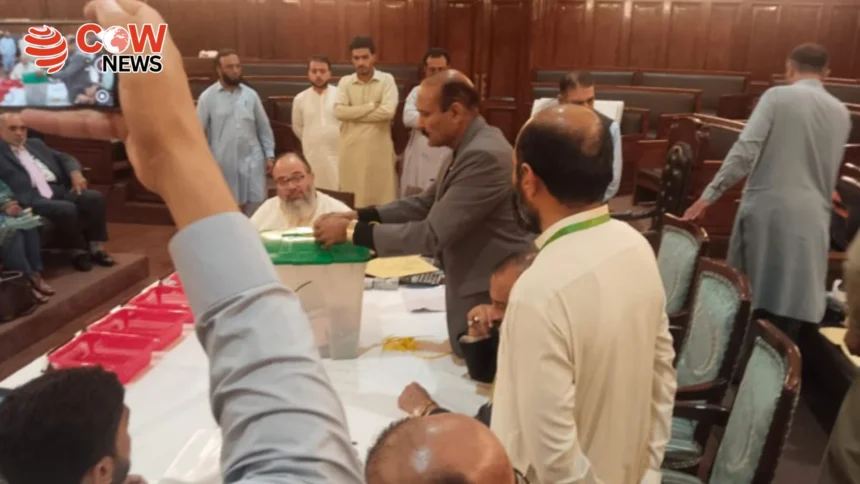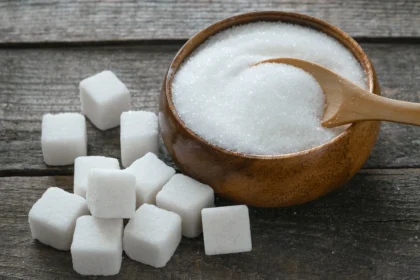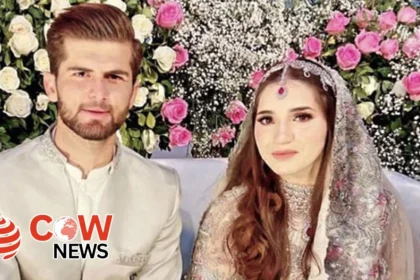Peshawar( The COW News Digital)In the recent Senate elections held in Khyber Pakhtunkhwa (KP), Pakistan Tehreek-e-Insaf (PTI) secured six out of eleven available seats, while opposition parties claimed five, according to unofficial and non-final results.
All 145 members of the KP Assembly participated in the voting process for the 11 Senate seats. The elections included seven general seats, two seats reserved for women, and two technocrat seats.
Among the seven general seats, PTI candidates won four, while opposition parties secured three. PTI’s successful candidates on the general seats included Murad Saeed, Faisal Javed, Mirza Afridi, and Noor-ul-Haq Qadri. Opposition winners included Niazi Ahmed from Pakistan Muslim League-Nawaz (PML-N), Talha Mehmood from Pakistan Peoples Party (PPP), and Ata-ul-Haq from Jamiat Ulema-e-Islam (JUI).
According to the unofficial tallies, Murad Saeed received the highest votes on a general seat with 26, followed by Faisal Javed who got 22 votes. Noor-ul-Haq Qadri and Mirza Afridi each secured 21 votes.
On the women’s reserved seats, Robina Naz from PTI and Robina Khalid from PPP were declared winners. Robina Naz reportedly received 89 votes.
For the two technocrat seats, PTI’s Azam Swati and JUI’s Dilawar Khan emerged victorious.
A notable absentee in the race was PTI’s disgruntled candidate Khurram Zeeshan, who failed to secure a single vote.
The results reflect a pre-agreed formula between PTI and opposition parties, with the former winning six seats and the latter five, maintaining a delicate balance in KP’s representation in the Senate.
However, the election was not without controversy. PTI’s KP leadership faced allegations of hiding the final list of candidates from party chairman Imran Khan and making last-minute changes, fueling internal dissent.
The KP Senate election outcome is significant for both PTI and opposition parties, as it will shape political dynamics at the federal level, especially with ongoing power struggles and upcoming general elections.
The smooth conduct of the elections and relatively peaceful voting process reflect the maturity of the political landscape in KP, even amid fierce competition.







